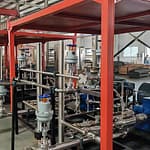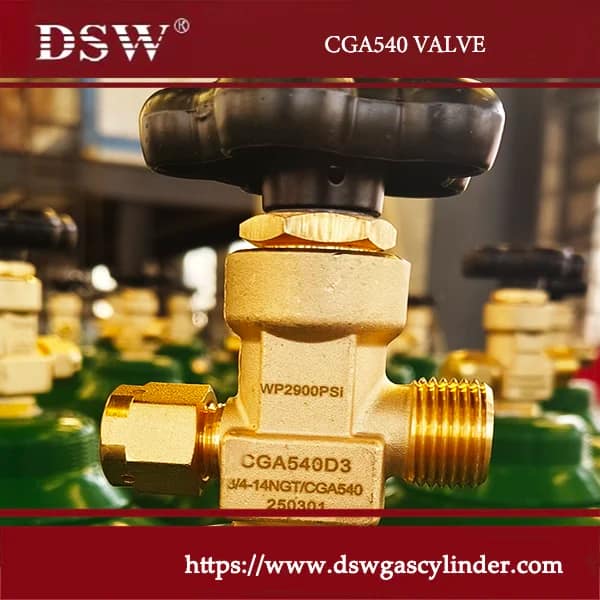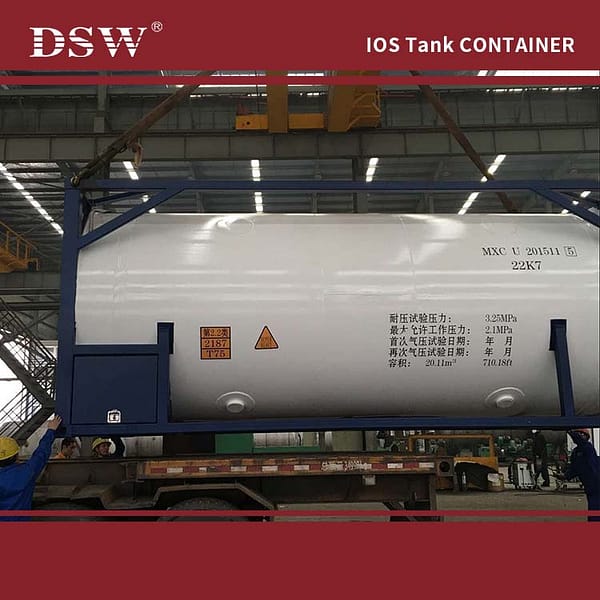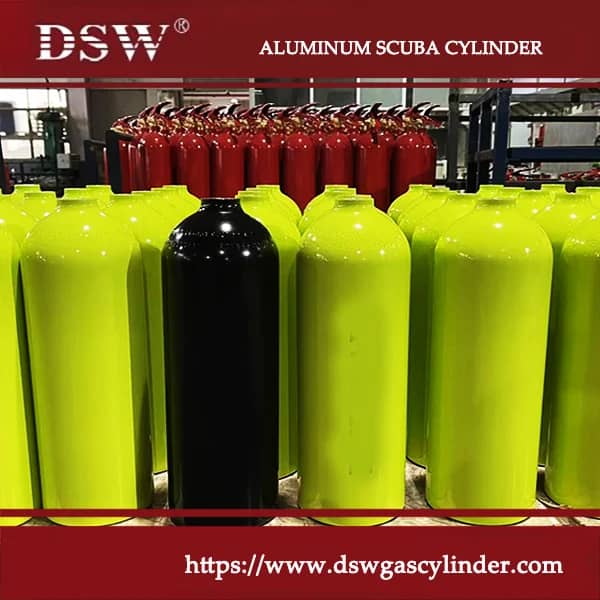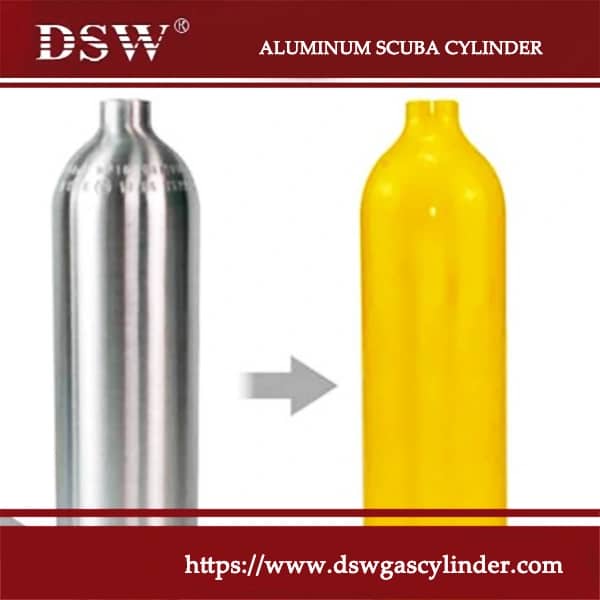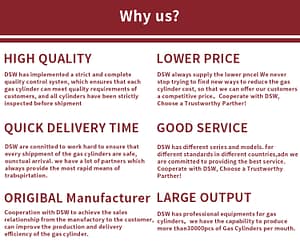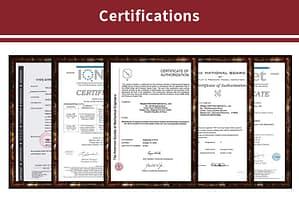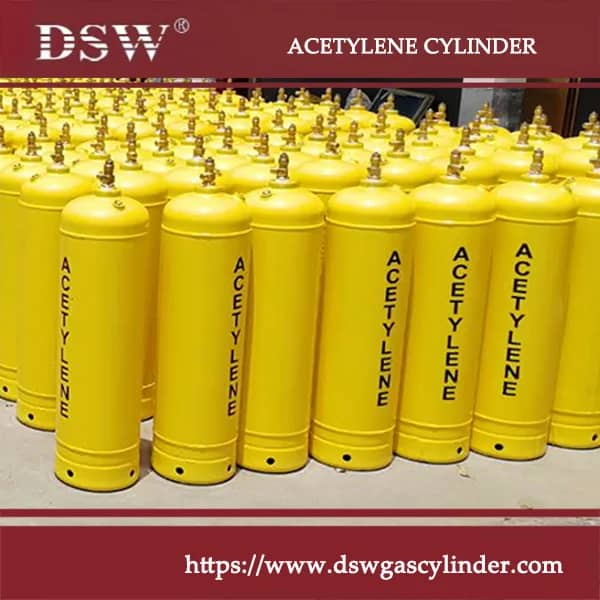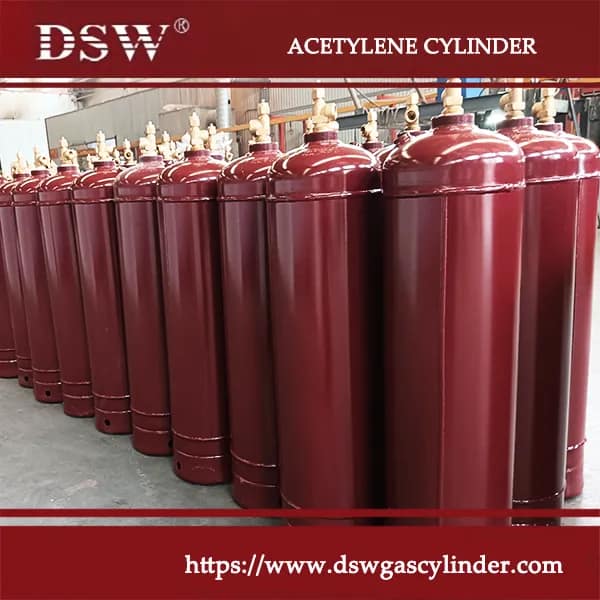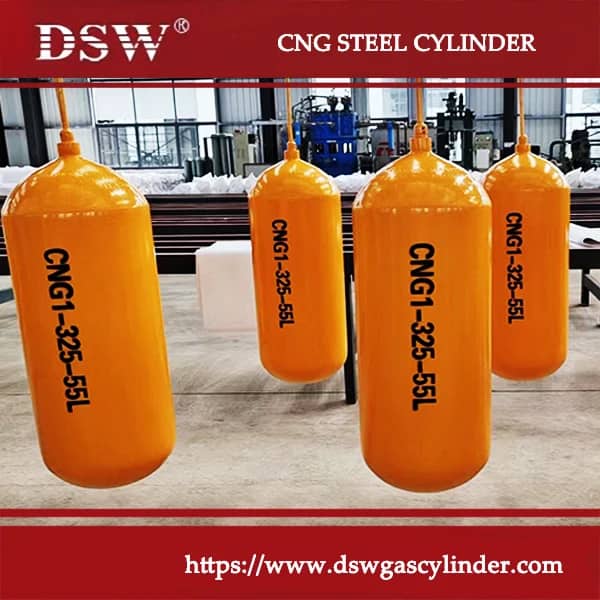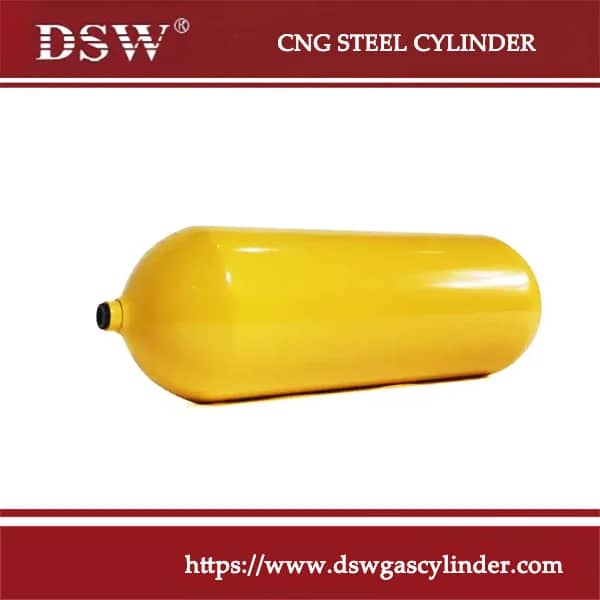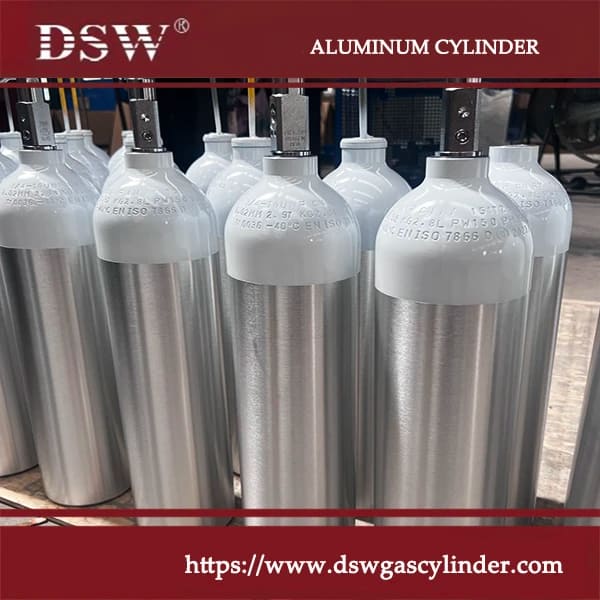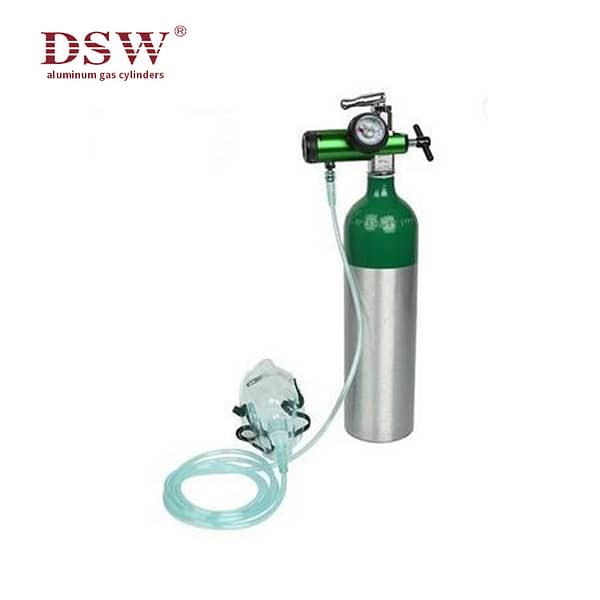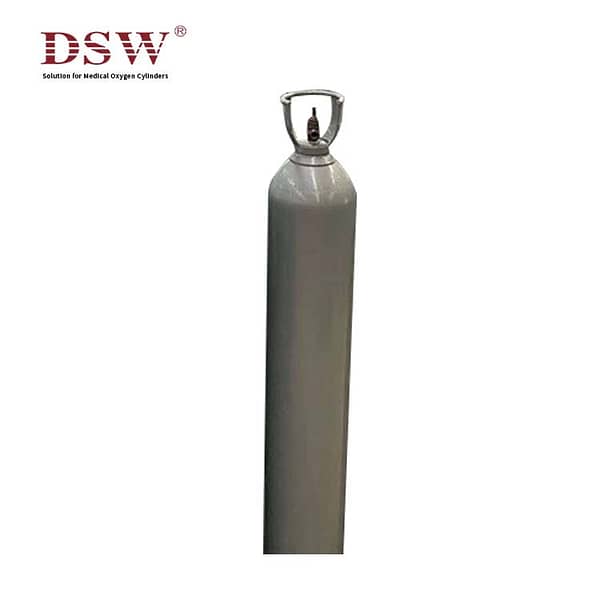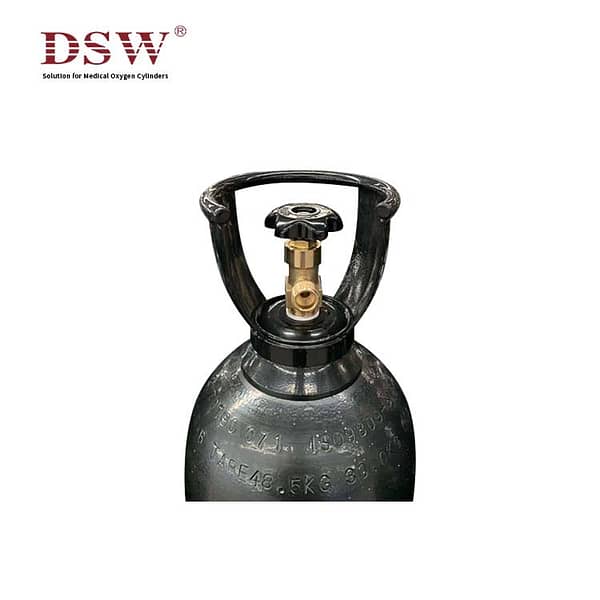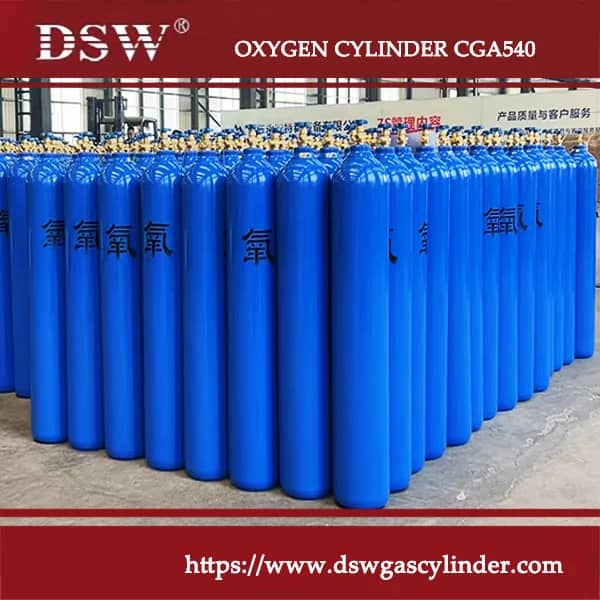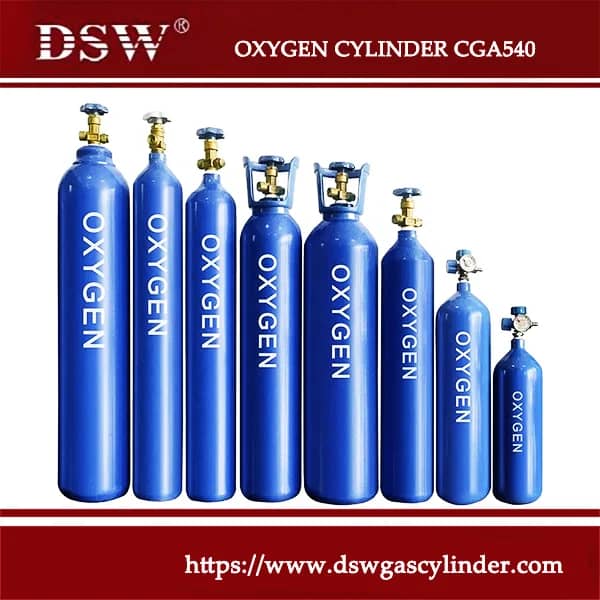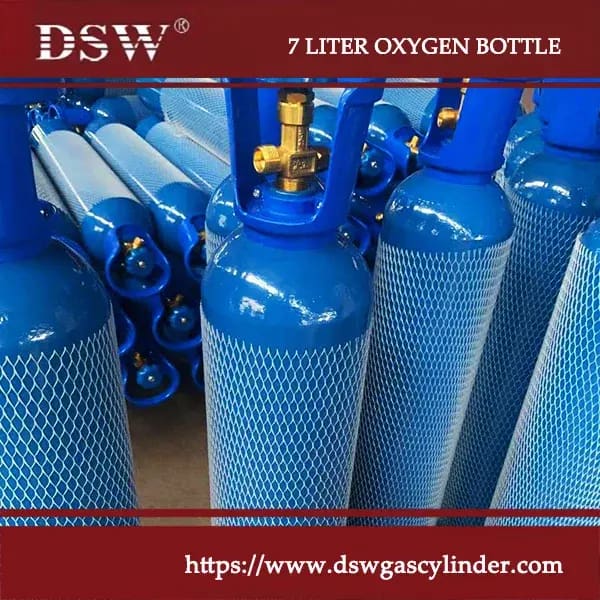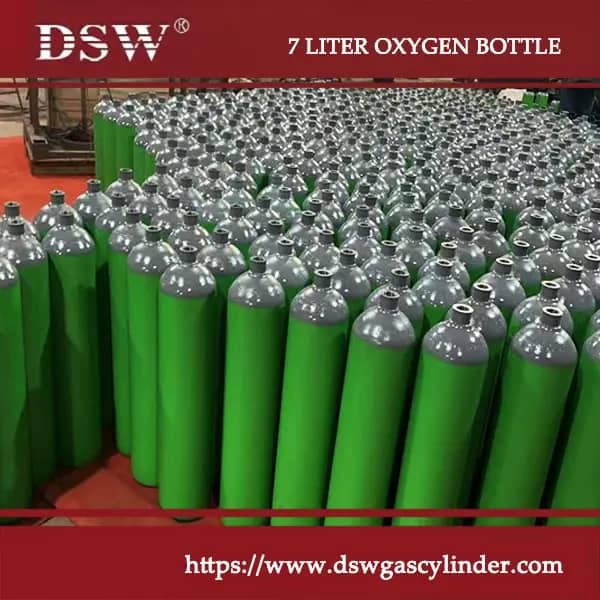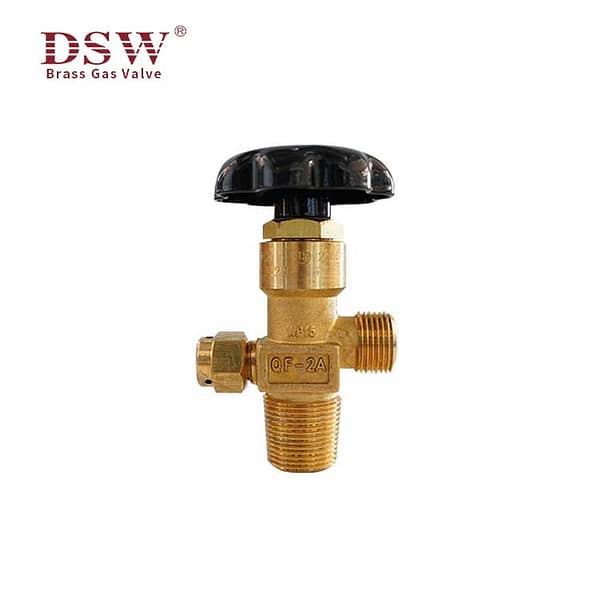Aluminum Scuba Tanks for Recreational and Emergency Diving
Aluminum Scuba tanks, also known as cylinders or bottles, are high-pressure vessels designed to hold compressed air for underwater breathing.
Divers use them to provide a source of breathable air when submerged in water.
All scuba tanks are made of aluminium or steel. Tropical recreational dive centres prefer aluminium tanks, while side-mount, tech, and deep divers choose steel tanks in colder waters.
The scuba diving tank, or aluminium alloy tank, is refilled with carbon dioxide at a pressure of 1,800 PSI and tested at 3,000 PSI.
Each cylinder is 100% hydraulically tested and manufactured by TPED ISO 7866 standards to assure quality.
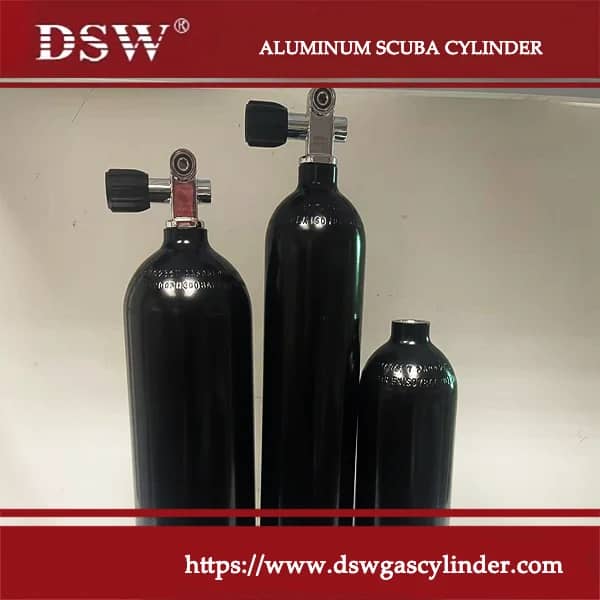
Specification Chart
| Nominal Volume | Material Grade | Material | OD (mm) | Height (mm) | Min. Wall Thickness (mm) | Working Pressure (BAR) | Hydraulic Pressure (BAR) | Design Weight (KG) | Corrosion Layer |
|---|---|---|---|---|---|---|---|---|---|
| 1L | AA6061 | Aluminium | 89 | 280 | 6 | 200 | 300 | 1.4 | No |
| 2L | AA6061 | Aluminium | 111 | 359 | 7.4 | 200 | 300 | 2.8 | No |
| 3L | AA6061 | Aluminium | 111 | 500 | 7.4 | 200 | 300 | 3.8 | No |
| 4L | AA6061 | Aluminium | 140 | 453 | 9.3 | 200 | 300 | 5.4 | No |
| 6L | AA6061 | Aluminium | 140 | 529 | 9.3 | 200 | 300 | 7.2 | No |
| 8L | AA6061 | Aluminium | 184 | 498 | 12.2 | 200 | 300 | 10.6 | Yes |
| 11L | AA6061 | Aluminium | 184 | 670 | 12.2 | 200 | 300 | 14.4 | Yes |
| 12L | AA6061 | Aluminium | 184 | 700 | 12.2 | 200 | 300 | 15.3 | Yes |
| 15L | AA6061 | Aluminium | 204 | 735 | 13.5 | 200 | 300 | 19.5 | Yes |
diving cylinders or Scuba Tanks
Scuba tanks or diving cylinders are essential pieces of equipment for every diver. The tanks store breathable air under immense pressure, enabling us to breathe underwater – they put the “scuba” in scuba diving!
Features
Lightweight: Compared to steel tanks, aluminum tanks are generally lighter, which makes them more comfortable to carry and maneuver in the water, especially during longer dives.
High Capacity: Aluminum scuba tanks can store a large volume of compressed air or other breathing gases, allowing divers to dive for longer durations before resurfacing or changing tanks.
Certified Quality: Each tank meets or exceeds CE, DOT, TUV, MSDS, and ISO 9001 certification requirements.
Hydrostatic Testing: Like all scuba tanks, aluminum cylinders must undergo periodic hydrostatic testing to ensure their safety and compliance with industry standards.
Providing Breathing Support to Rescuers
Dive tanks can be invaluable to rescuers during natural disasters. They provide essential oxygen underwater, enabling divers to respond quickly in aquatic environments.
Scuba tanks enable rescuers to enter affected areas using underwater vehicles such as boats, submarines, or robotic rescue arms to search for people needing help.
With limited air supplies and the ability to dive deep underwater, rescuers can better identify victims in submerged buildings or ships more quickly than conventional search teams operating above the structures.
Scuba tanks give rescuers an extra edge by saving lives during natural disasters without jeopardising their safety or the rescuers’ well-being.
Diver Oxygen Tank – Providing Emergency Oxygen Supply
Common Applications
- Recreational Diving: Ideal for casual divers in tropical waters where buoyancy and portability are crucial.
- Emergency and Rescue Operations: Utilised by first responders during natural disasters for underwater search and rescue in submerged buildings, vehicles, or flood zones.
- Underwater Missions: This system provides a dependable supply of compressed air to support robotic arms, submersibles, and marine research vehicles.
- Emergency Oxygen Supply: When paired with regulators, tanks can serve as essential oxygen sources in disaster recovery zones or medical emergencies.
When choosing between steel and aluminum scuba tanks, it’s essential to consider dry weight and size, as these can affect your buoyancy and overall comfort.
In scuba diving, dry weight refers to how much a tank weighs on land—and you’re going to want to consider if you plan on lugging your tank around when you’re not in water.
Steel is more robust and durable than aluminum, so tanks made with the latter usually have thicker walls to compensate for the reduced tensile strength.
DSW’s aluminum SCUBA cylinders with CE/DOT/TUV/MSDS/ISO9001 certifications have been strictly inspected before shipment.



